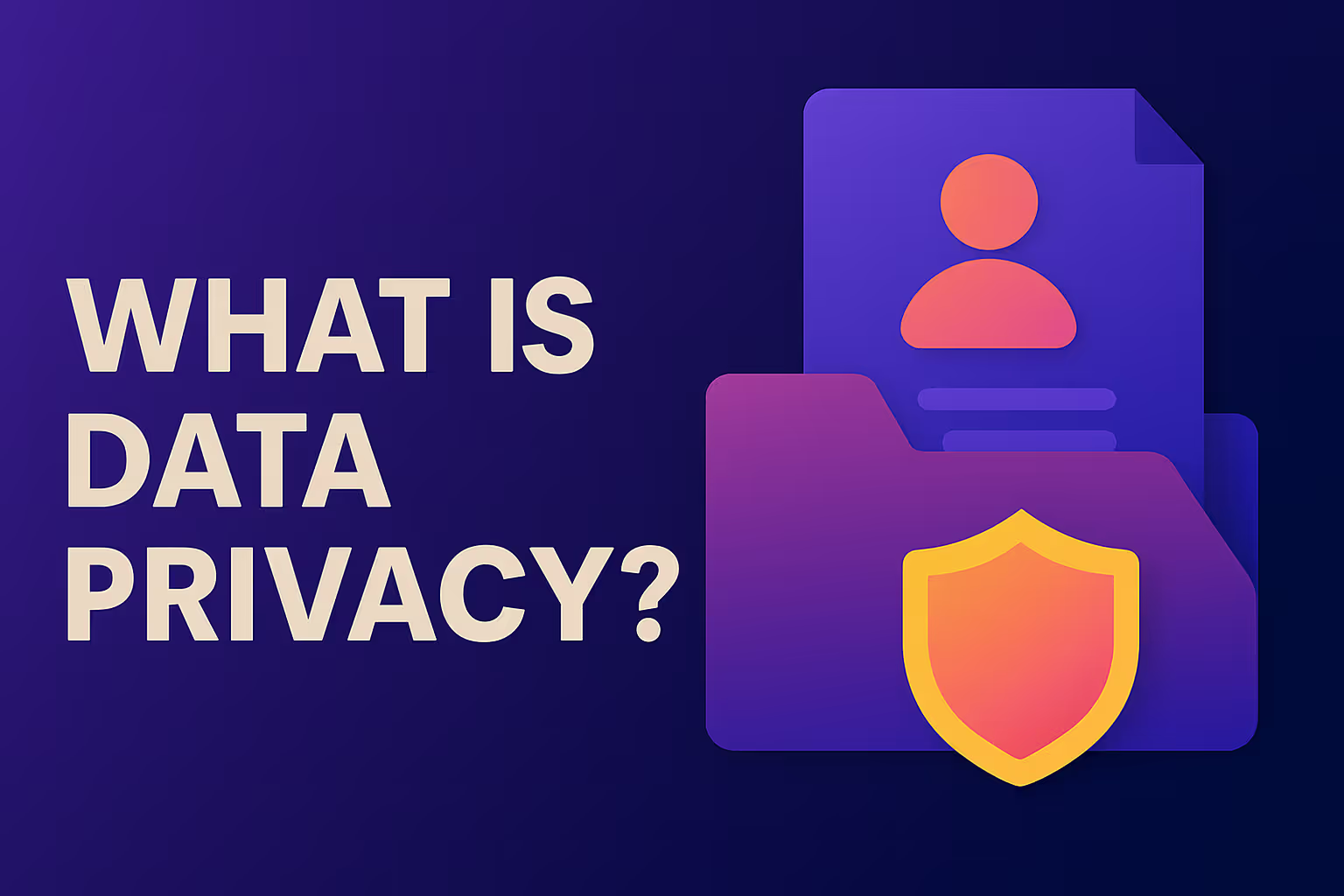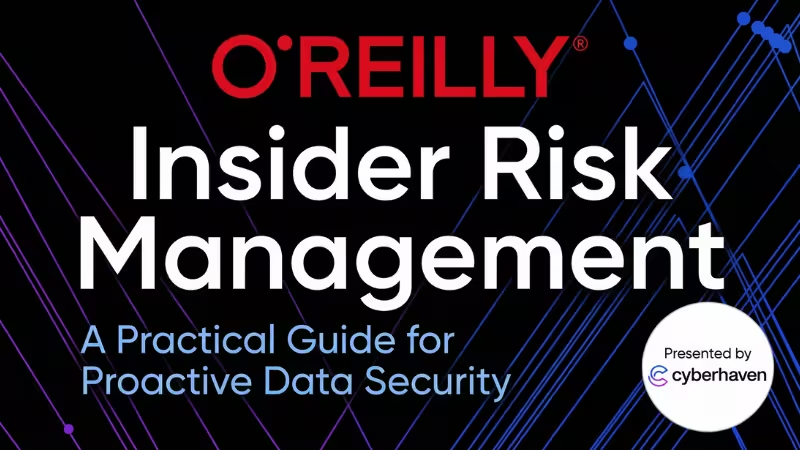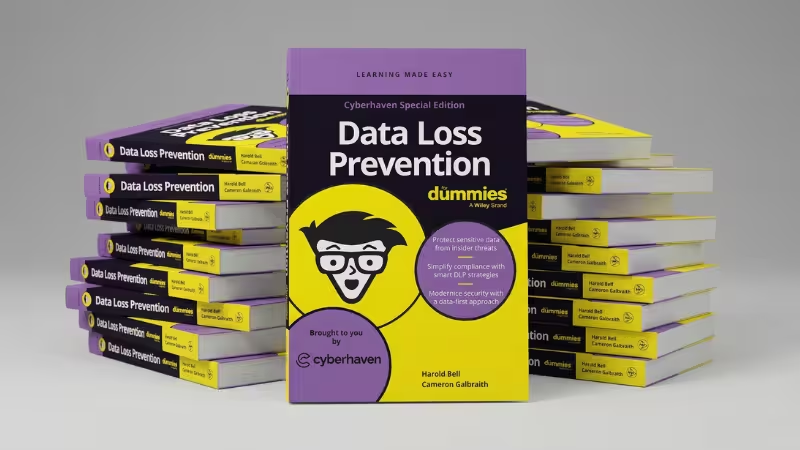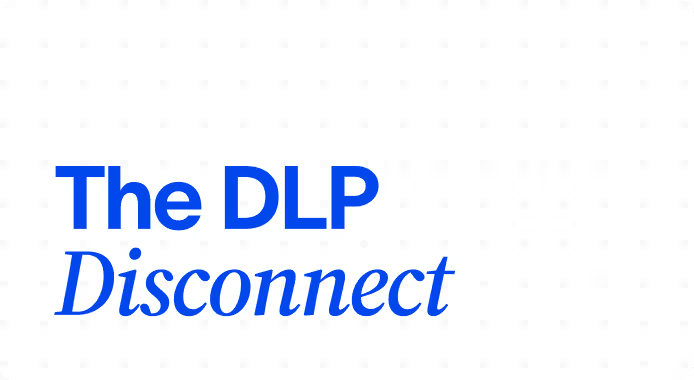Data privacy is more than a compliance requirement—it's a fundamental right and a strategic advantage. In a world where personal information is constantly collected and shared, protecting that data through transparency, consent, and strong security practices builds trust, safeguards individuals, and strengthens business reputation.
Introduction
Data privacy refers to the right and ability of individuals to control how their personal information is collected, stored, shared, and used. It encompasses a range of practices and technologies that ensure personal data remains confidential and is handled responsibly. In an age where everything from online shopping to healthcare involves sharing sensitive information, data privacy has become a cornerstone of digital trust. From the moment you sign up for a newsletter or download an app, you’re initiating a data exchange — and often, the implications of that exchange are not immediately clear. Data privacy is about giving people clarity and control in that process.
For organizations, data privacy is not just a legal obligation — it's a vital element of customer trust and brand reputation. As people become more aware of the ways their data is being used, expectations around privacy have grown. Today’s consumers demand transparency and accountability, and they’re increasingly loyal to businesses that respect their data.
Why Is Data Privacy Important?
The importance of data privacy cannot be overstated in a world where personal information is both valuable and vulnerable. For individuals, the risks of poor data privacy are tangible. When personal data is mishandled or breached, the consequences can range from identity theft and financial fraud to reputational damage and emotional distress. These impacts are not hypothetical — millions of people have had their lives disrupted due to data leaks and privacy violations.
From an organizational perspective, the stakes are just as high. Businesses that fail to protect user data can face significant financial penalties, especially under stringent data protection laws. More damaging, however, is the loss of consumer trust. Once an organization is perceived as careless or dishonest about privacy, it’s incredibly difficult to recover its reputation. Customers, partners, and investors all expect rigorous privacy practices, and failing to deliver can result in lost opportunities and long-term brand erosion.
There’s also a broader societal dimension to data privacy. As governments, tech companies, and institutions build increasingly sophisticated systems to collect and analyze personal data, the potential for surveillance and misuse grows. Safeguarding privacy helps ensure that technological advancement doesn’t come at the cost of personal freedom.
Key Principles of Data Privacy
At the heart of data privacy are several guiding principles that dictate how organizations should collect and use personal data. One of the most fundamental is the principle of consent. Individuals must be given a clear choice about whether and how their data is collected. This means no buried clauses or deceptive pre-checked boxes — true consent must be informed, freely given, and specific to the purpose.
Transparency is another key element. People deserve to know what data is being collected, how it’s being used, who it’s being shared with, and for how long it will be retained. Without transparency, there can be no trust. Organizations must communicate their privacy policies in a way that is understandable and accessible, not buried in legal jargon.
Another core principle is data minimization. Simply put, organizations should only collect the data they actually need. Holding onto unnecessary information not only increases risk but also goes against the ethical mandate to respect people’s digital boundaries. Alongside this is the requirement for strong data security measures to prevent unauthorized access, theft, or alteration of personal information.
Accountability ties all these principles together. Organizations are expected to demonstrate compliance and take responsibility for how they handle data. This means maintaining accurate records, conducting regular audits, and ensuring that staff are trained on privacy policies. Accountability ensures that data privacy is not just a checkbox exercise, but a lived commitment.
Data Privacy vs. Data Security
While data privacy and data security are often used interchangeably, they represent different — though closely related — concepts. Data privacy is about the rights of individuals to control their personal information and the ethical handling of that data by others. It focuses on the “why” and “how” of data usage — why is this data being collected, and how will it be used in a way that respects the subject's rights?
Data security, on the other hand, is concerned with the technical measures used to protect data from breaches, leaks, or unauthorized access. Encryption, firewalls, access controls, and intrusion detection systems all fall under the umbrella of data security. In this sense, data security is a tool that helps support data privacy — you can’t have meaningful privacy if the data isn’t secure.
The distinction matters because an organization can have strong data security and still violate privacy. For example, securely collecting detailed user data without their consent or for opaque purposes is still a privacy failure, even if no breach occurs. Conversely, a transparent and ethical approach to data collection is meaningless if the information isn’t properly protected.
Major Data Privacy Laws and Regulations
The legal landscape of data privacy has evolved significantly in response to growing concerns about personal information misuse. One of the most influential regulations is the General Data Protection Regulation, or GDPR, which was enacted by the European Union in 2018. The GDPR sets strict standards for data collection and grants individuals extensive rights, such as the right to access, rectify, or delete their data. It applies not only to companies based in the EU but to any organization processing the data of EU residents, making it a global benchmark for privacy legislation.
In the United States, the California Consumer Privacy Act (CCPA) has set a precedent at the state level. Passed in 2018, it gives California residents the right to know what personal data is being collected, request deletion of that data, and opt out of data sales. The CCPA reflects a growing trend in the U.S. toward more consumer-focused data privacy laws, although there is still no federal equivalent to the GDPR.
Other key laws include HIPAA in the United States, which governs the privacy of healthcare information, and the Personal Information Protection and Electronic Documents Act (PIPEDA) in Canada. Around the world, countries are crafting and updating their own privacy laws, creating a complex but increasingly harmonized regulatory environment. These laws are not just about compliance — they are a signal to the market that data privacy is a serious, enforceable right.
Common Data Privacy Challenges
Despite increased awareness and regulation, organizations continue to face significant challenges in upholding data privacy. One of the most persistent issues is the threat of data breaches. Whether due to employee negligence, malicious intent, or data risk exposures, breaches can expose sensitive information and lead to legal and reputational fallout. Even the most sophisticated companies are not immune, and the impact of a major breach can be long-lasting.
Another major challenge is data sharing. Delivering business insights require data sharing among multiple stakeholders. This includes permitting access to sensitive customer data. Managing the controls and ensuring employees adhere to privacy standards can be extremely difficult. A privacy program is only as strong as its weakest link, and data access risk is a constant source of concern.
Compliance is also a complex area. With different laws applying in different jurisdictions, global companies must navigate a patchwork of regulations. Understanding what is required, keeping up with changes, and aligning internal policies with external expectations requires significant resources and expertise.
Even when technical and legal frameworks are in place, organizational culture can be a hurdle. Employees may not be fully trained in privacy practices, or leadership may not prioritize privacy in decision-making. Building a privacy-aware culture takes time, investment, and ongoing education.
Best Practices for Protecting Data Privacy
Protecting data privacy is both a strategic and operational challenge. It begins with embedding privacy into the design of systems and processes. Rather than treating privacy as an afterthought, organizations should consider it from the outset of any new product, service, or initiative. This “privacy by design” approach ensures that personal data is handled with care throughout its lifecycle.
Organizations should also be transparent with users about their data practices. This includes crafting privacy notices that are clear, concise, and easy to understand. Users should feel empowered to make informed decisions about their data, not pressured into accepting opaque terms.
Access controls are another critical component. Not everyone in an organization needs access to all types of data. Limiting access based on role and necessity reduces the likelihood of misuse or accidental exposure. Regular audits and access reviews can help maintain this principle over time.
Employee training plays a vital role as well. Everyone in an organization, from executives to front-line workers, should understand their role in protecting privacy. This includes knowing how to recognize phishing attempts, respond to data requests, and report suspected breaches.
Conducting privacy impact assessments can also help identify potential risks in advance. These assessments evaluate how a project might affect data privacy and recommend steps to mitigate those risks. They are especially valuable when launching new technologies or entering new markets.
The Future of Data Privacy
As technology continues to evolve, so too will the challenges and opportunities surrounding data privacy. One emerging trend is the increasing emphasis on privacy by design — not just as a legal requirement, but as a competitive differentiator. Consumers are choosing brands that prioritize ethical data practices, and organizations that lead on privacy will be better positioned to build lasting trust.
Artificial intelligence and machine learning present both promise and peril. These technologies can deliver incredible insights, but they also require massive amounts of data, often with limited transparency into how that data is used. Ensuring that AI systems are privacy-aware and accountable will be a major task for the coming years.
Regulatory developments will also shape the future of data privacy. More countries are enacting GDPR-style laws, and the pressure for a comprehensive U.S. federal privacy law continues to build. At the same time, enforcement actions are becoming more frequent and severe, signaling that regulators are taking privacy violations seriously.
Ultimately, the future of data privacy will hinge on a shared commitment between individuals, organizations, and governments. By treating data privacy not as a compliance burden but as a human right and business imperative, we can create a digital world that is both innovative and respectful.







.avif)
.avif)
